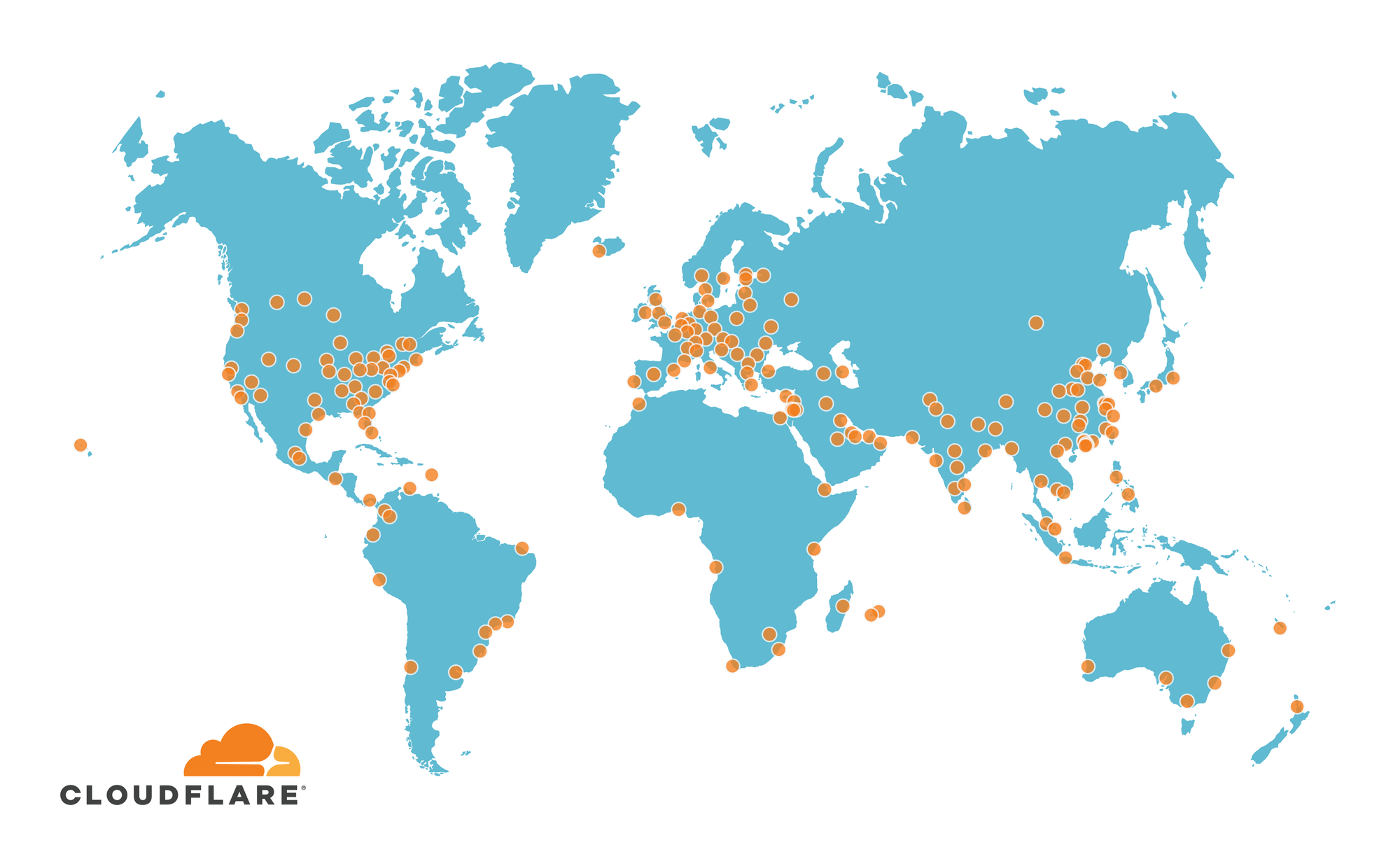BiB086 – Space Networks, 5G and Autonomous Cars
Based on what we know about Space Networks like Starlink, I propose that next generation cars won't use 5G. Its doesn't make sense to deal with telcos.
The post BiB086 – Space Networks, 5G and Autonomous Cars appeared first on Packet Pushers.
BiB086 – Space Networks, 5G and Autonomous Cars
Based on what we know about Space Networks like Starlink, I propose that next generation cars won't use 5G. Its doesn't make sense to deal with telcos.Benefits of modern campus networking
Call it “trickle-down networking” if you like. But what has long been possible—and even best practice— in data center networking is now moving aggressively into and onto campus networking ecosystems. And with that move companies and organizations can realize numerous benefits in or on the campus networks they own or operate. As readers peruse this list of potential benisons, they’ll undoubtedly hit hot buttons with their users (thanks to increased features and functionality) and with management (thanks to cost savings and improved efficiencies that reduce staff time commitments and involvement).
Delivering key capabilities
With the adoption of data center tools and technologies in campus networks, a handful of key capabilities becomes available throughout. These include Power over Ethernet (PoE), which makes it possible to extend services more easily and affordably, and to integrate Internet of Things (IoT) capabilities more directly (such as sensors, surveillance cameras, ID badge readers and so forth). In addition, networks gain ready access to 802.1X capabilities when they adopt a data center model, including improved and more powerful authentication mechanisms, as well as access and security control.
Moving to data center-oriented networks usually also brings voice VLANs into the networking picture. This not only offers Continue reading
NeoPhotonics Lights Up 400G Transceiver Customer Trials
NeoPhotonics claims its 400-GB/s capable transceivers are the first to deliver 32 terabits of...
Cisco Patches More ‘Critical’ DCNM Flaws
The latest vulnerabilities are in the Data Center Network Manager authentication mechanism and...
Open Storage Lifts Off With Cumulus, HPE Partnership
The partnership makes Cumulus Linux operating system and NetQ performance monitoring available on...
Will Dell Technologies Fetch $3B for RSA?
Dell acquired the cybersecurity software company when it bought EMC in 2016. Since then it has...
The Week in Internet News: New Chinese Law Regulates Encryption

Crypto-regulation: A new law in China regulates the use of encryption, but it’s aimed at strengthening it, at least in some settings, Reuters reports. The law is aimed at aiding the development of a digital currency in China, and it is focused on “facilitating the development of the cryptography business and ensuring the security of cyberspace and information,” according to the official Xinhua news agency said. The law also that all state secrets be stored and transmitted using “core and common” encryption, Engadget says.
Build your own: Some rural Colorado communities are tired of waiting for large broadband providers to bring them service and are seeking grants or forming partnerships to build their own networks, the Canon City Daily Record says. Grants from the state at the Federal Communications Commission are helping communities build fiber networks.
Not so secure: Wyze Labs, the maker of a line of IoT-connected security cameras, has announced a data breach affecting 2.4 million customers. The breach included WiFi network details and customer email addresses, Salon reports. The security cameras don’t appear to be compromised, but compromised email addresses can lead to further customer data breaches, the story notes. Also, there’s this: “The blog Twelve Security Continue reading
Review: Webinars in 2019
A year ago I wrote about ipSpace.net plans for 2019. While we created over 50 hours of webinar content and over 20 hours of course content in 2019, let’s see how well we delivered on my promises.
Following AWS Networking webinar, we’ll do a similar one on Azure (in early autumn 2019) and GCP (late 2019 or early 2020)
Azure: done. GCP: postponed. Let’s see how serious Google is about that particular project.
Read more ...Headcount: Firings, Hirings, and Retirings — December 2019
Juniper CTO Bikash Koley calls it quits; Larry Ellison says Oracle will not replace Hurd; plus the...
Cisco Champion 2020
Dear friend,
I hope you have a relaxing holiday period and now you are ready to kick off the new year. For us year has already started 2 days ago…
… With announcement that our blog is chosen to be Cisco Champion in 2020. We are very delightful to be a Cisco Champion two times in a row (2019 and 2020). Thank you very much for supporting us, for your interest and your questions.
The good news for you is that the application is yet opened for a couple of days, so you can try to apply yourself.
Discalimer
If you even more interested in your future, join our network automation training we start on 18th and 22nd of January, where we cover the details of the data modelling, NETCONF/YANG, REST API, Python and Ansible in the multivendor environment with Cisco, Nokia, Arista and Cumulus Linux as network functions.

Support us
Configuration Creation with Nornir
I tend to assess automation tools in four different contexts which is, in fact, a very general networking and automation workflow: Discovery How easy is it to find out about the network, document its configuration (the configuration of a device itself) and state (show commands "snapshotting" its state)? Configuration Creation How easy is it to READ MORE
The post Configuration Creation with Nornir appeared first on The Gratuitous Arp.
Nornir – A New Network Automation Framework
nornir (formerly brigade) - A new network automation framework Before getting started, let me say that I'm big fan of Ansible. It is one of my go-to automation frameworks. Having said that, there have been use cases where I've run into some of the limitations of Ansible and to be fair some of those limitations may READ MORE
The post Nornir – A New Network Automation Framework appeared first on The Gratuitous Arp.
Cloudflare Expanded to 200 Cities in 2019

We have exciting news: Cloudflare closed out the decade by reaching our 200th city* across 90+ countries. Each new location increases the security, performance, and reliability of the 20-million-plus Internet properties on our network. Over the last quarter, we turned up seven data centers spanning from Chattogram, Bangladesh all the way to the Hawaiian Islands:
- Chattogram & Dhaka, Bangladesh. These data centers are our first in Bangladesh, ensuring that its 161 million residents will have a better experience on our network.
- Honolulu, Hawaii, USA. Honolulu is one of the most remote cities in the world; with our Honolulu data center up and running, Hawaiian visitors can be served 2,400 miles closer than ever before! Hawaii is a hub for many submarine cables in the Pacific, meaning that some Pacific Islands will also see significant improvements.
- Adelaide, Australia. Our 7th Australasian data center can be found “down under” in the capital of South Australia. Despite being Australia’s fifth-largest city, Adelaide is often overlooked for Australian interconnection. We, for one, are happy to establish a presence in it and its unique UTC+9:30 time zone!
- Thimphu, Bhutan. Bhutan is the seventh SAARC (South Asian Association for Regional Cooperation) country Continue reading
Worth Reading: Understanding Scale Computing HC3 Edge Fabric
A long while ago someone told me about a "great" idea of using multi-port server NICs to build ad-hoc (or hypercube or whatever) server-only networks. It's pretty easy to prove that the approach doesn't make sense if you try to build generic any-to-any-connectivity infrastructure... but it makes perfect sense in a small environment.
One can only hope Scale Computing keeps their marketing closer to reality than some major vendors (that I will not name because I'm sick-and-tired of emails from their employees telling me how I'm unjustly picking on the stupidities their marketing is evangelizing) and will not start selling this approach as save-the-world panacea... but we can be pretty sure there will be people out there using it in way-too-large environments, and then blame everything else but their own ignorance or stubbornness when the whole thing explodes into their faces.